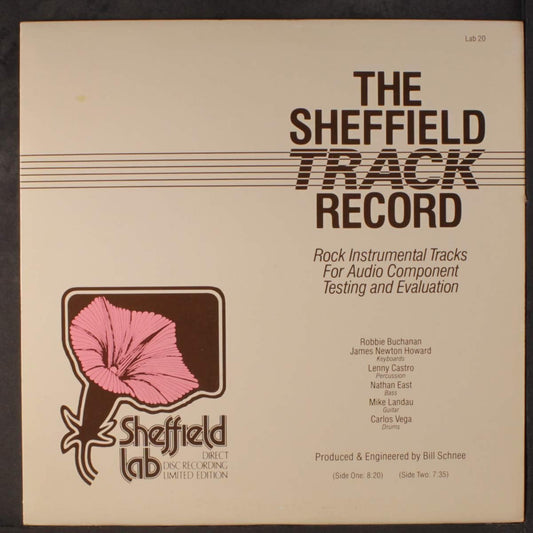You may not be aware of it but each of us has a set of completely programmable personal filters that control all of our senses. We can selectively control what we hear, see taste and smell. When we apply these filters, we are narrowing the size of our "big picture" view in order to increase our brain's efficiency at a particular task.
I am more efficient in a visual search if I turn on my filters to exclude objects or information that I deem unrelated. So, for example, if I am looking through a drawer full of knives to find the red one, my filter instructs my visual processor to exclude all others and I quickly find what I am looking for. The problem arises when the knife I really want actually has a blue handle; I can then stare right at it and never see it.
As an audio designer or as a reviewer, this filter set can really get in the way if we are not paying attention.
Let's say I am designing a new DAC and spend hours in the listening room focused on one particular issue: bass. I make changes to the circuit and reevaluate the bass performance and may spend days or weeks in this exercise. My focus may be rewarded with better bass performance but along the way I may have not noticed it was at the expense of something else.
A reviewer faces the same dilemma. He gets a new DAC to evaluate against his reference and his focus narrows to sorting through the differences between the two, all the while perhaps missing the bigger picture that neither DAC sounds like the actual recordings he is evaluating.
I solve this issue some of the time by moving away from the project long enough for my filters to turn off and reset back to their default position.
It is a rare individual that can selectively turn on/off their personal filters.
We call those that can "visionaries" because they continually see a much bigger picture than those of us lost in our own forest full of filters.








